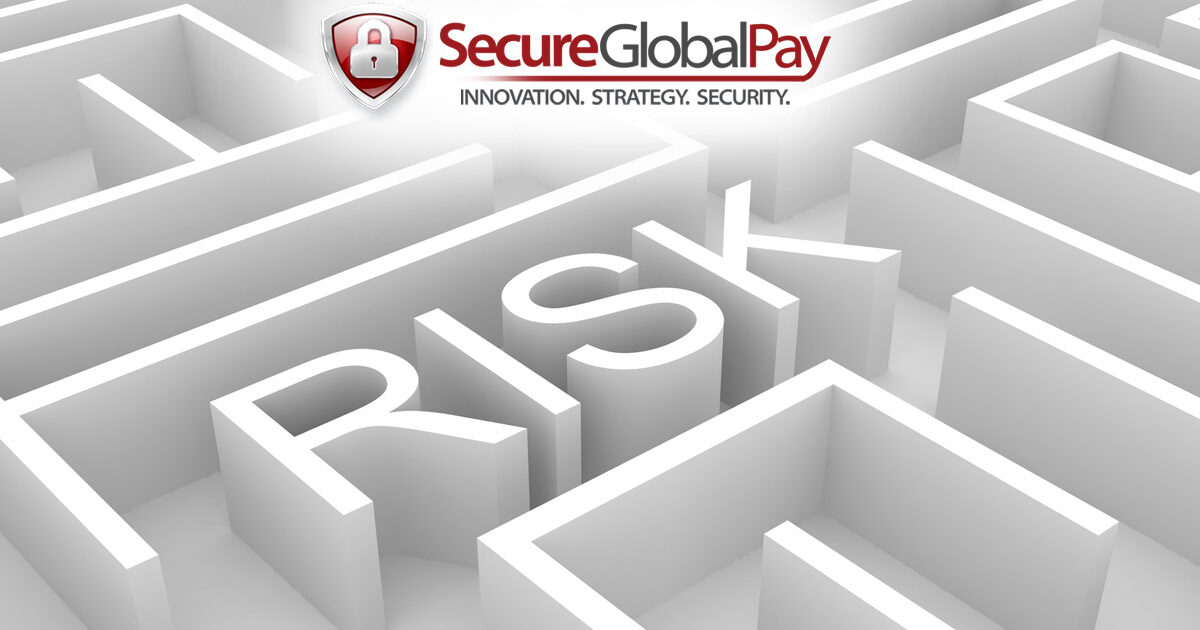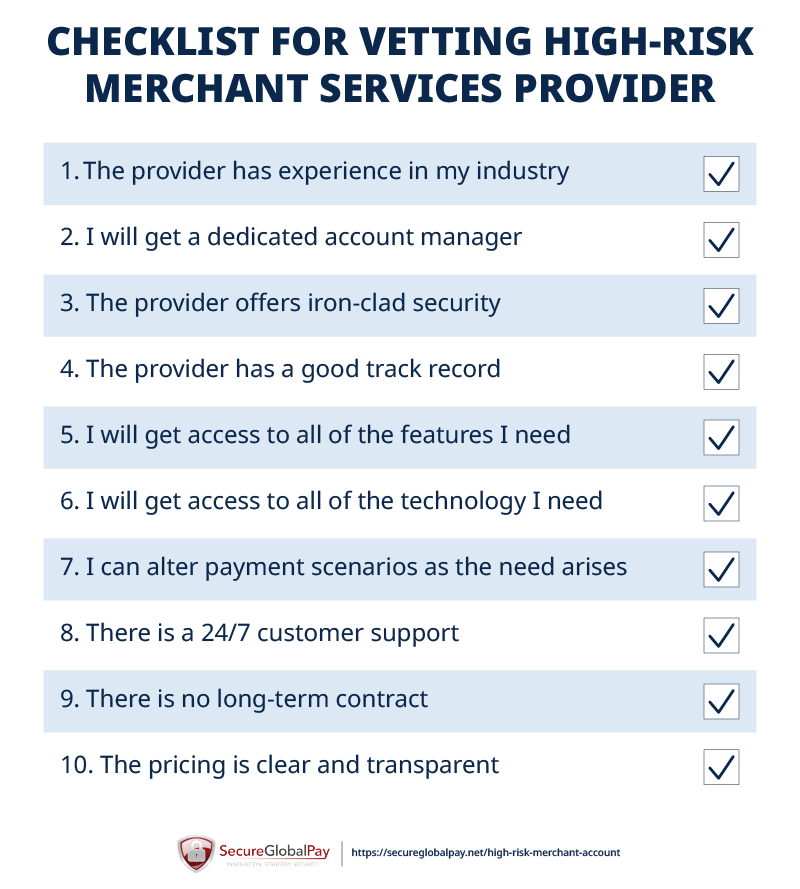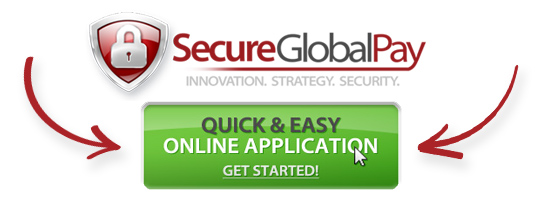
High-Risk Merchant Accounts and Credit Card Processing
High-risk merchant accounts and high risk merchant processing services by SecureGlobalPay offer a lifeline for businesses that struggle to secure traditional merchant services because of the nature of their business, higher chargeback rates, or other risk factors. With over 25 years of experience, we look forward to speaking with you.
If your business falls into the high risk category, join us as we unravel the complexities of high-risk merchant accounts and credit card processing. We will cover everything from their definition and operational differences to the challenges and fees involved. Plus, we’ll provide practical advice on selecting the best provider, the sign-up process, and steps to take if you’re denied.
Whether you’re new to the concept or looking to switch providers, we’re here to help you navigate the high-risk merchant landscape.
What is a high-risk merchant account?
A high-risk merchant account is a specialized payment processing account designed for businesses that pose a higher risk to the sponsoring bank, financial institution, and payment processor offering merchant services.
Unlike regular merchant accounts, which are readily available to most businesses with lower risk profiles, high-risk accounts come with unique considerations and requirements due to the potential likelihood of chargebacks and fraud.
The key difference between a high-risk and a standard merchant account lies in their terms and conditions. High-risk accounts often come with higher processing fees, more stringent contract terms, and sometimes require rolling reserves or holdbacks as a financial safeguard for the provider.
For better or worse, businesses classified as high risk must navigate these additional hurdles to accept and process credit card payments.
That being said, high-risk merchant accounts do come with some benefits like advanced security measures, higher chargeback thresholds, and the ability to sell high-risk products or services.
What makes a business high risk?
Several factors contribute to a business being classified as high risk in the eyes of merchant account providers and financial institutions. Here are the most common ones:
- Industry reputation: Certain industries are inherently considered high risk due to their higher likelihood of chargebacks and fraud. Examples include adult entertainment, e-cigarettes and vaping, CBD, firearms, travel, and telemarketing.
- Financial stability: Businesses that have a history of financial instability, poor credit, or are new with an unproven track record are often seen as high risk.
- High chargeback rates: Companies experiencing high levels of chargebacks are flagged as high risk because chargebacks can be an indicator of unsatisfied customers or fraudulent activity.
- International sales: Businesses that deal with international sales face higher risks due to different laws, currencies, and the potential for fraud.
- Subscription-based models: Companies that operate on a subscription or recurring billing model are at a higher risk for chargebacks, as customers sometimes dispute these charges.
- High-risk markets: Operating from or in nations considered to be high-risk markets can be a red flag. Best examples are countries in Africa and Southeast Asia that are known safe havens for fraudsters, with poor business and banking practices.
If you fall into one of these categories, you’re likely going to need to get a high-risk merchant account.
During the evaluation, the merchant service provider will make an “either/or” evaluation. You will be judged as either an acceptable or unacceptable risk. The exact evaluation methods and criteria will vary from provider to provider.
As a qualified high-risk merchant account provider that has been doing this for decades, here at SecureGlobalPay, we know exactly what it takes to get these accounts approved.
All of these factors underscore the importance of understanding and managing the risks associated with high-risk merchant accounts, as well as partnering with the right high-risk merchant services provider that can help you manage any arising issues.
How does high-risk credit card processing work?
Without going into technical details, high-risk credit card processing involves a series of steps, with a payment gateway playing a central role in securely facilitating transactions between the merchant, the customer, and the financial institutions involved.
This process involves not just the handling of credit card transactions but also the implementation of stringent measures to protect against fraud and chargebacks like:
- Advanced fraud detection: High-risk merchant accounts often employ advanced fraud detection and prevention tools. These systems analyze transactions in real-time, looking for patterns or behaviors that suggest fraud, thereby reducing the risk of chargebacks.
- Chargeback prevention programs: Many high-risk payment processors offer specialized programs aimed at minimizing chargebacks. This can include alert systems that notify merchants of disputes, allowing them to resolve issues before they escalate to a chargeback.
- Rolling reserves: A common practice in high-risk processing is the use of rolling reserves. A portion of the transactions processed (usually a percentage of sales) is held back by the processor for a certain period. This reserve acts as a financial cushion against chargebacks and fraud.
High-risk merchant processing inevitably comes with higher fees
Due to the elevated risk, the fees associated with high-risk credit card processing are typically higher than those for standard merchant accounts. These fees are structured to cover the additional risk and operational costs involved in monitoring and securing high-risk transactions.
Here is a quick breakdown of all of the fees involved:
- Transaction fees: Each transaction may incur a higher processing fee, reflecting the increased risk of chargebacks and fraud.
- Monthly and annual fees: High-risk accounts may have to pay higher monthly or annual account fees to maintain the account.
- Rolling reserve fees: The funds held in rolling reserves are not immediately available to the merchant, which can affect cash flow. While not a direct fee, this practice has financial implications for the business.
- Chargeback fees: If a chargeback occurs, the fees associated with it are usually higher for high-risk accounts, given the increased administrative costs of handling disputes.
- Setup fees: Setting up a high-risk merchant account may come with higher initial setup fees, as the payment processor takes on more work to vet and onboard high-risk clients.
- Security fees: These fees cover the cost of implementing and maintaining advanced security measures, such as encryption and tokenization, to protect sensitive cardholder information.
- Premature termination fees: If you sign a long-term contract, many payment processors will charge hefty fees for early termination of that contract.
- Refund fees: Unlike standard merchant accounts, high-risk accounts may incur fees for processing refunds. These fees can be fixed or a percentage of the refund amount.
- PCI compliance fees: Maintaining compliance with the Payment Card Industry Data Security Standard (PCI DSS) is crucial for all businesses that handle credit card information.
While these fees may seem overwhelming, most of them are applicable to standard merchant accounts as well. By being aware of the increased scrutiny and costs involved, businesses can better prepare and manage their operations to mitigate risks and maintain financial stability.
How to find the best high-risk merchant services provider
Finding the right high-risk merchant payment processor for your high-risk business can be challenging, especially if you are a start-up business on a tight budget and do not want to spend too much on fees.
Be sure to properly research any provider you’re considering. We highly recommend jumping on a call and discussing details with their business representative.
The right provider not only facilitates your ability to accept and process payments but also offers support in managing the unique challenges associated with high-risk operations.

Pay close attention to the following factors during the vetting process:
- Industry experience: Make sure the payment provider has experience working with business models in your industry.
- Account manager: Ensure an open line of communication with a seasoned professional who cares about your success. Having a dedicated account manager that will return phone calls and emails in a timely manner is of utmost importance.
- Iron-clad security: Confirm if there is an unfailing and multi-layered chargeback system in place. AI-based checks, real-time notifications, and anti-fraud tools are also mandatory.
- Track record: How long has the high-risk credit card payment provider been around? What experience do they have in handling high-risk merchant accounts like yours?
- Features: Does the high-risk payment provider allow multiple merchant accounts? Is it possible to customize your payment order page? Do they provide ACH payment services? Do you have 100% control of your setup and payment process?
- Technology: The best providers will be able to offer you (POS) point-of-sale systems, virtual terminals, mobile payment solutions, credit card terminals, payment gateways with shopping carts, and different website integrations.
- Adaptability: Choose a high-risk merchant account provider that allows you to alter your payment scenarios as the need arises. Discuss rates, fees, and business conditions.
- Customer support: Select a provider that knows the importance of customer service. 24/7 support, training, troubleshooting, and maintenance are important to the sustainability of your business. You’ll want someone who can respond quickly if you’re having issues with accepting credit card payments on your website.
- Contract length: Avoid companies that offer long-term contracts. Many high-risk merchant account service providers lock merchants in lengthy contracts with an automatic renewal clause and early termination fee.
- Clear pricing: Your payment processor should be able to provide clear and transparent pricing and explain all of the costs involved.
The final point about pricing is extra important. The pricing should always be listed on the acquiring bank application or readily provided when you ask for it. After this, there should be no further surprises or hidden charges.
If the information you are asking for falls short or is incomplete, look for a different provider.
The information you’ll need to provide to sign up for a high-risk merchant account
Before reaching out to high-risk merchant account providers to assist with opening an account, make sure you meet the following requirements:
- If you are a start-up business, a basic business plan and administrative outline
- Business bank account
- Incorporation documents and shareholder certificates
- Business license, if needed
- Live and working business website
- Legal identification/Passport and utility bills of local directors and shareholders
- You and your business do not have any outstanding legal cases
In the application process, the more information you can provide, the more streamlined the process. Based on your existing processing history and income, merchant services providers can offer various pricing options that are a good match for your business model.
Here is some of the documentation you may be asked for during the merchant application process:
- Most recent credit card processing statements
- Most recent tax returns
- Most recent financial statements
- Most recent bank statements
- Information about How Your Business is Set Up (DBA, Partnership, Corporation)
- IRS Confirmation of Non Profit Status — 501(c)(3) status
If your merchant account application is denied, that doesn’t mean you are without options. Your first call should be to a SecureGlobalPay customer service representative. We have the experience you need to navigate the application process and will work to find a customized solution for you.
Open a high-risk merchant account at SecureGlobalPay
SecureGlobalPay helps businesses accept and process credit card payments quickly and effectively. We offer:
- ACH Processing
- Business Funding
- Chargeback Dispute Resolution and Prevention Programs
- Instant Check Processing Solutions
- High-Volume Payment Solutions
- Merchant Cash Advances
- Mail Order/ Telephone Order (MOTO) Processing
- Online Payment Gateways
- Point-Of-Sale (POS) Solutions
While we can work with any type of business, we have specialized in working with high-risk merchants. We offer fair, customized pricing options and quality customer support.
Learn more by sending a question to partners@secureglobalpay.net or fill out our online application form below.
FAQ about high-risk merchant accounts
What does a high-risk account mean?
A high-risk account refers to a merchant account designated for businesses that operate within specific industries or have business models that financial institutions and payment processors consider to carry a higher risk of chargebacks, fraud, or regulatory issues.
This classification can be due to various factors, including the business’s industry, financial history, sales volume, and the countries they serve. High-risk accounts often come with stricter terms and higher fees to offset the increased risk to the provider.
What are the rates for high-risk merchant accounts?
The rates for high-risk merchant accounts vary widely depending on the provider, specific risk factors, and the services offered. Generally, businesses can expect to pay higher fees than standard-risk accounts, including higher transaction fees, monthly account fees, and potential additional charges such as rolling reserves, chargeback fees, and setup fees.
What is considered a high-risk transaction?
A high-risk transaction is one that presents a higher likelihood of chargeback, fraud, or non-compliance with payment industry standards. Factors that may categorize a transaction as high risk include the transaction’s size, the type of product or service being sold, transactions that involve recurring payments, sales in countries with high levels of fraud, and any transactions that do not adhere to the payment processor’s standards for secure and legitimate business practices.
Do I need a high-risk payment gateway?
Yes, if your business is categorized as high risk, you’ll likely need a high-risk payment gateway. A high-risk payment gateway is specially designed to handle the complexities and increased scrutiny of transactions associated with high-risk industries.
High risk payment gateways offer multiple merchant account payment processing, enhanced security features, fraud protection measures, and the ability to accept various types of online payments that standard gateways might not support. A high-risk gateway ensures that your business can securely and efficiently process payments while complying with industry regulations and standards.



